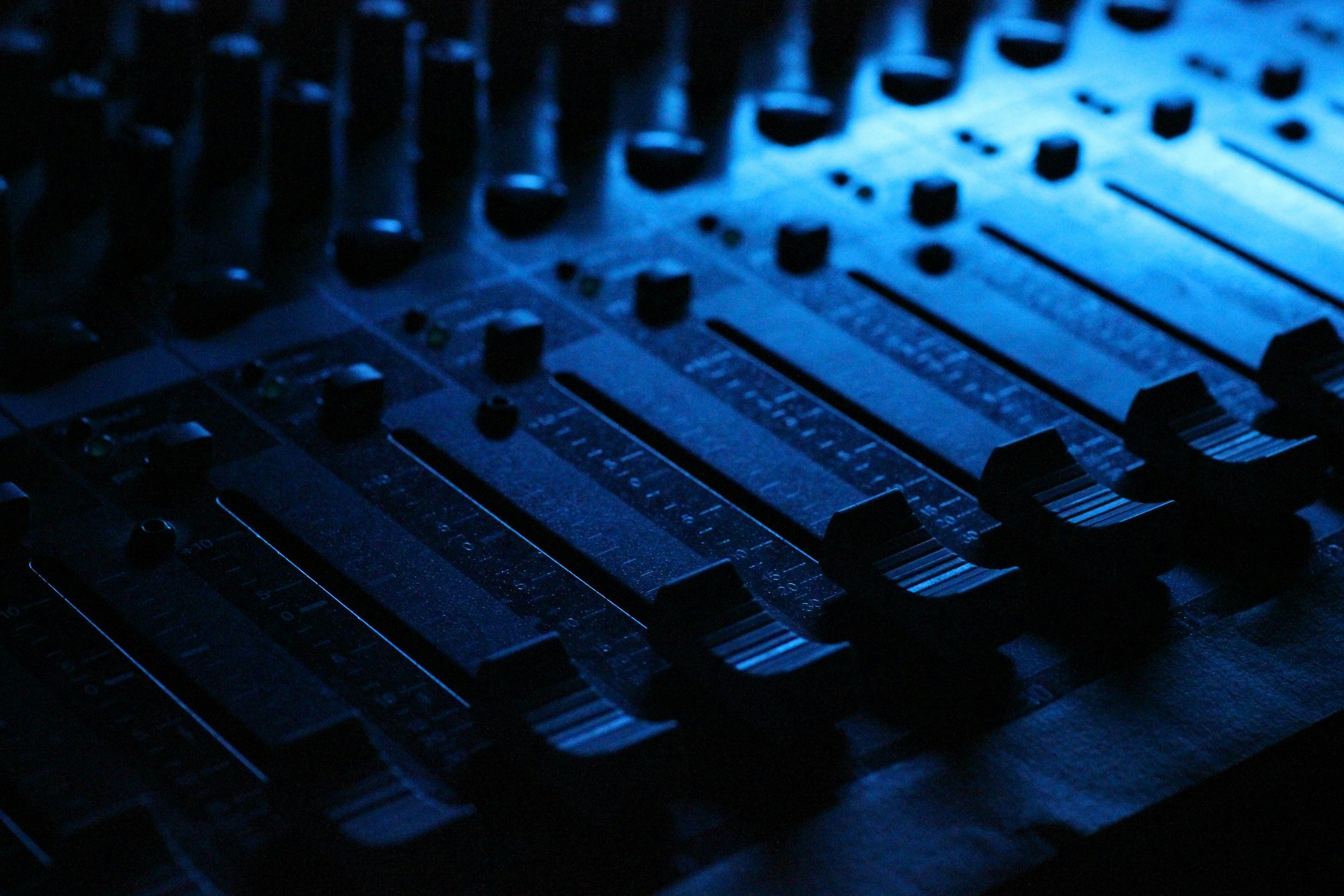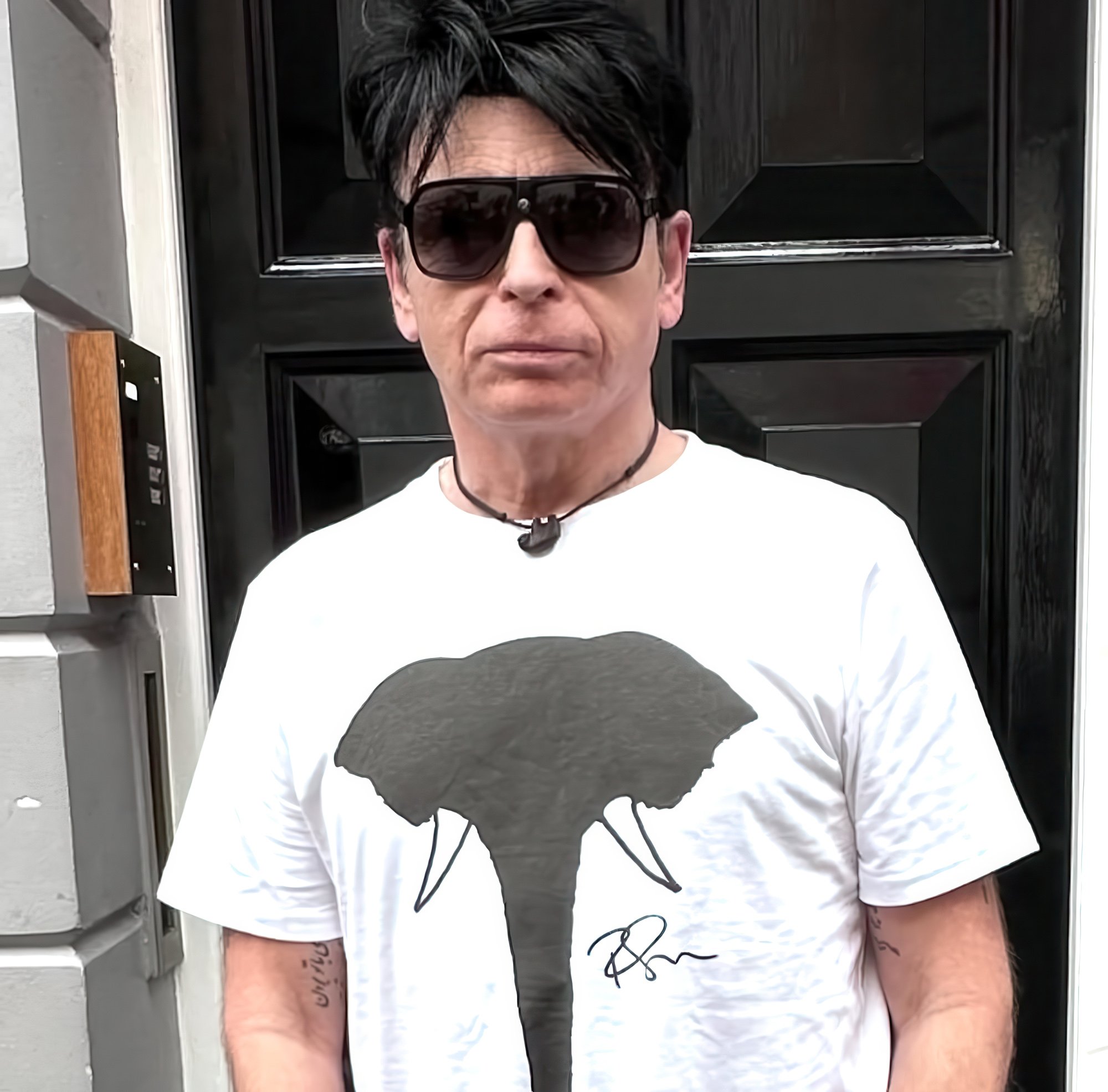Federal Judge Rejects Music Publishers’ Bid to Block Anthropic’s AI Over Copyright Claims
Image Credit: Jacky Lee
A federal judge in California has denied a request from major music publishers to stop Anthropic, an AI research firm, from using their copyrighted song lyrics to train its chatbot, Claude. The decision, issued on March 25, 2025, by U.S. District Judge Eumi K. Lee in the Northern District of California, allows Anthropic to continue its operations amid an ongoing lawsuit. This ruling emerges as part of a broader series of legal disputes over how AI companies use copyrighted material, highlighting unresolved questions about intellectual property in the age of artificial intelligence.
[Read More: YouTube Launches AI Music Remixes, Live-Stream Reminders, and Shorts Conversion Updates]
The Case: Music Publishers Challenge AI Practices
The lawsuit involves Anthropic, founded by former OpenAI researchers, and prominent music publishers Universal Music Group (UMG), Concord Music Group, and ABKCO. The publishers assert that Anthropic used lyrics from at least 500 of their songs—featuring artists such as Beyoncé, The Rolling Stones, and Katy Perry—without permission to develop Claude’s language abilities. Filed initially in Tennessee in 2023 and later transferred to California, the case accuses Anthropic of copyright infringement through the unauthorized collection of lyrics. Anthropic has countered that its methods align with legal principles, referencing the doctrine of 'fair use' as a potential defense, though it has not yet fully detailed its position in court.
The Ruling: No Immediate Ban Imposed
Judge Lee rejected the publishers’ motion for a preliminary injunction, which would have required Anthropic to halt its use of the contested lyrics. Her decision rested on two primary points. She described the publishers’ request as too expansive, noting that it would involve the court in establishing a licensing structure for AI training data—a step she deemed premature given the unsettled legal status of such practices. Additionally, she found that the publishers did not provide sufficient evidence to show they were facing immediate, irreparable harm. In her order, Judge Lee ruled that the publishers failed to prove that monetary damages would not suffice to address any harm, suggesting financial compensation could remedy losses if proven later. This approach reflects a measured judicial stance at this stage of the proceedings.
[Read More: UMG & KLAY Vision: Transforming AI Music with an Ethical, Artist-Friendly Model]
Analysis: Implications of the Decision
The denial of the injunction is a procedural outcome, not a final judgment on whether Anthropic violated copyright law. It permits the company to maintain its current practices as the case progresses, while placing the burden on the publishers to strengthen their arguments in future hearings. Legal observers note that the ruling avoids taking a position on the core issue of fair use, deferring that debate to a later phase. The publishers contend that their lyrics are protected creative works, while Anthropic’s position suggests that using them to train AI could be a transformative process under copyright law. Judge Lee’s decision leaves this question open, maintaining a neutral stance on the merits for now.
Broader Context: AI and Copyright in the Spotlight
This lawsuit is one of several targeting AI developers, with companies like OpenAI, Microsoft and Meta facing parallel claims from writers, artists and media firms over the use of copyrighted content. The Anthropic case reflects a central issue in these disputes: whether AI firms can legally draw from publicly available data without explicit consent or payment. U.S. copyright law has not yet provided clear guidance on this matter, and Judge Lee’s refusal to address fair use at this point underscores the ongoing uncertainty. These cases collectively test how courts will balance the interests of content creators against the operational needs of AI development.
[Read More: Suno’s V4 AI Music Model Sets New Standards Amid Copyright Lawsuit and Industry Debate]
Implications: Next Steps for the Parties and Industry
For Anthropic, the ruling offers breathing room to refine its legal strategy or explore discussions with the publishers, though no such negotiations have been confirmed publicly. The publishers, meanwhile, may need to present more concrete evidence of harm—potentially showing how Claude’s capabilities directly undermine their revenue—to succeed in later stages. The unresolved fair use question carries weight for the wider AI sector. A future ruling against Anthropic could impose new licensing requirements, altering how AI models are built, while a decision upholding fair use might reinforce current industry practices. Both outcomes would ripple across technology and creative fields.
[Read More: AI Music Industry Surged to Billions in Growth in 2024]
Source: Media Post, Yahoo! News, Reuters, Music Business Worldwide










